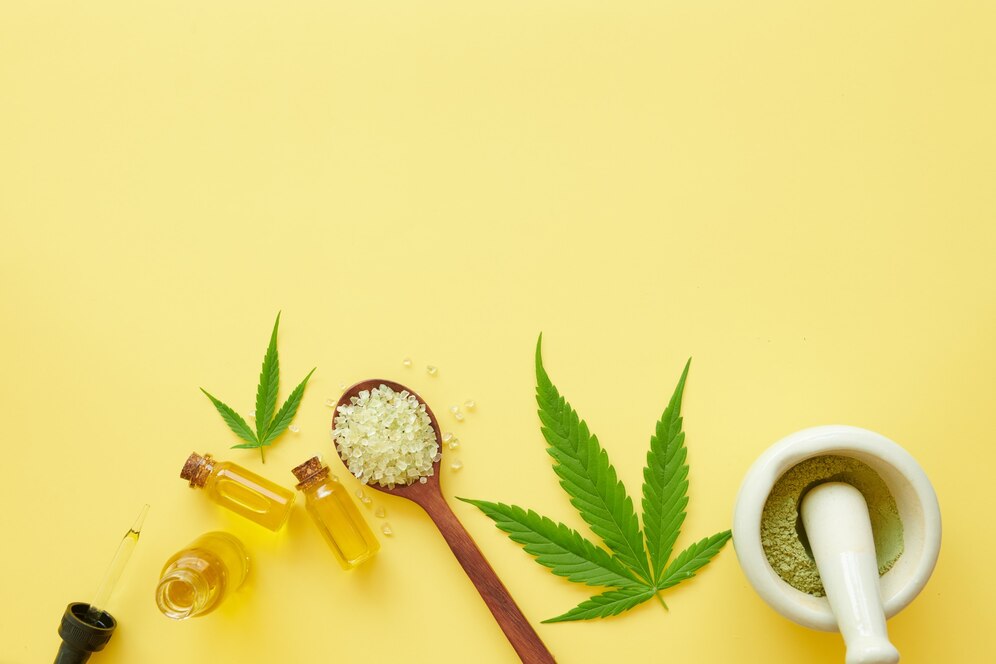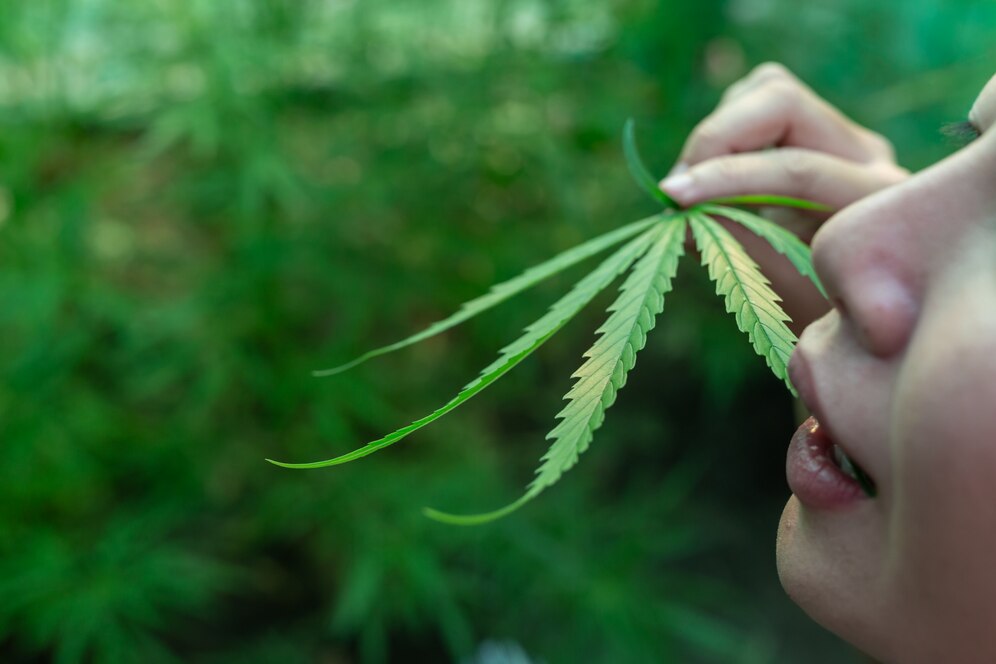Table of contents
The conversation around cannabis-derived products has evolved rapidly over the last decade, with increasing interest in both CBD and medical marijuana for health and wellness. However, when it comes to legality, regulation, and usage, there are important distinctions to understand. In this post, we’ll explore CBD vs. Medical Marijuana and focus on clarifying the legal differences that often confuse consumers.
Whether you’re considering trying CBD, medical marijuana, or both, understanding these differences can help you make better, informed decisions.
What Is CBD?

CBD, or cannabidiol, is a naturally occurring compound found primarily in hemp plants, a variety of cannabis that contains very low levels of THC (tetrahydrocannabinol). CBD is non-psychoactive, meaning it does not cause the “high” associated with marijuana use. It’s often used to help with:
- Pain relief
- Anxiety management
- Sleep disorders
- Inflammation
- Epilepsy
Products containing CBD range from oils and tinctures to capsules, edibles, creams, and more. In most places, CBD derived from hemp (containing less than 0.3% THC) is legal.
What Is Medical Marijuana?

Medical marijuana refers to using the whole, unprocessed marijuana plant or its extracts to treat symptoms of illness and other conditions. Unlike CBD, medical marijuana typically contains both THC and CBD, with THC levels often much higher. THC is the compound responsible for the psychoactive effects or “high” feeling.
Medical marijuana is prescribed for a variety of conditions, including:
- Chronic pain
- Multiple sclerosis
- Glaucoma
- Seizures
- Nausea related to chemotherapy
Because it contains THC, the use, possession, and distribution of medical marijuana are subject to much stricter regulations than CBD.
CBD vs. Medical Marijuana: Legal Differences
The primary legal distinctions between CBD vs. Medical Marijuana depend on several key factors:
1. Source of the Product
- CBD: Derived mainly from industrial hemp plants containing 0.3% or less THC.
- Medical Marijuana: Derived from cannabis plants bred specifically for higher THC content.
2. Federal Legal Status
- CBD: Legal at the federal level in the United States if derived from hemp, thanks to the 2018 Farm Bill.
- Medical Marijuana: Illegal at the federal level under the Controlled Substances Act, but many states have legalized it for medical use.
3. Prescription Requirements
- CBD: Available over-the-counter in many forms without a prescription.
- Medical Marijuana: Requires a doctor’s recommendation or prescription and registration in a state medical marijuana program.
4. Accessibility
- CBD: Sold in health stores, pharmacies, online retailers, and even supermarkets.
- Medical Marijuana: Only available from licensed dispensaries in states where it is legal.
5. Age Restrictions
- CBD: Often available to adults 18 years and older, sometimes with no age restrictions.
- Medical Marijuana: Typically restricted to patients 18+ with exceptions for minors with specific conditions, requiring parental consent.
Understanding these legal differences is crucial, especially when traveling across state or national borders.
Health Benefits: How They Compare
While both CBD and medical marijuana can offer therapeutic benefits, they suit different needs:
- CBD: Preferred for those who seek symptom relief without intoxication.
- Medical Marijuana: Often chosen for conditions that benefit from THC’s effects, like appetite stimulation or severe pain control.
Both substances work with the endocannabinoid system, but THC’s psychoactive effects offer benefits that CBD alone might not replicate.
FAQs About CBD vs. Medical Marijuana
CBD derived from hemp is federally legal but can still be restricted by individual state laws.
No, CBD does not produce a high. However, full-spectrum CBD products may contain trace amounts of THC, which are usually too low to cause intoxication.
No prescription is required for hemp-derived CBD products, but medical marijuana requires a doctor’s approval.
No, each state has its own laws regarding the legality and use of medical marijuana.
Look for third-party lab testing results (Certificates of Analysis), and ensure the product is derived from hemp with less than 0.3% THC.
Final Thoughts
When exploring CBD vs. Medical Marijuana, understanding the legal differences is essential for safe, compliant usage. CBD offers a federally legal option for many health concerns without the psychoactive effects, while medical marijuana provides potent relief under tighter regulations.
Before starting any cannabis-based therapy, always check your local laws and consult with a healthcare provider to ensure the best and safest path for your needs.





